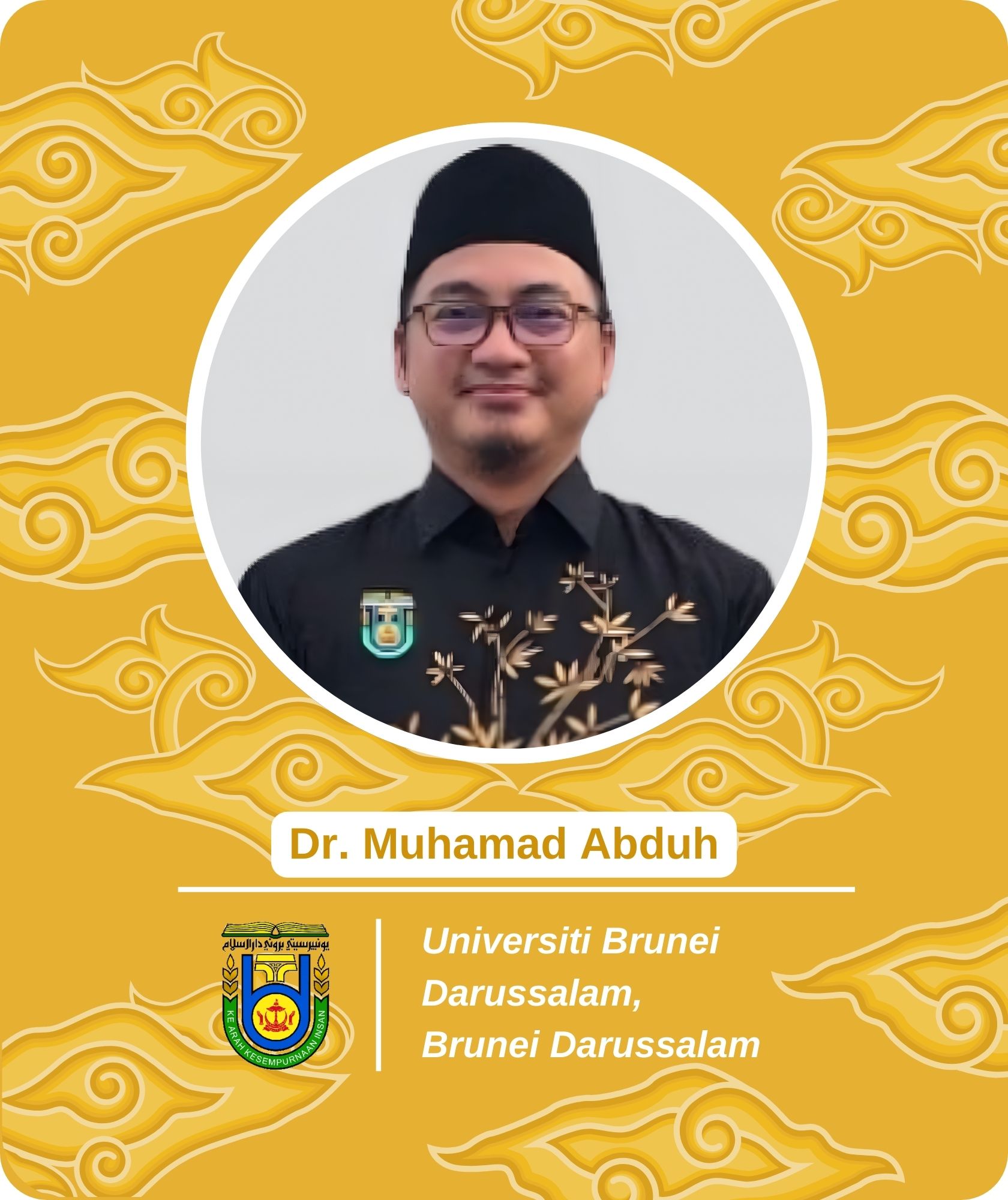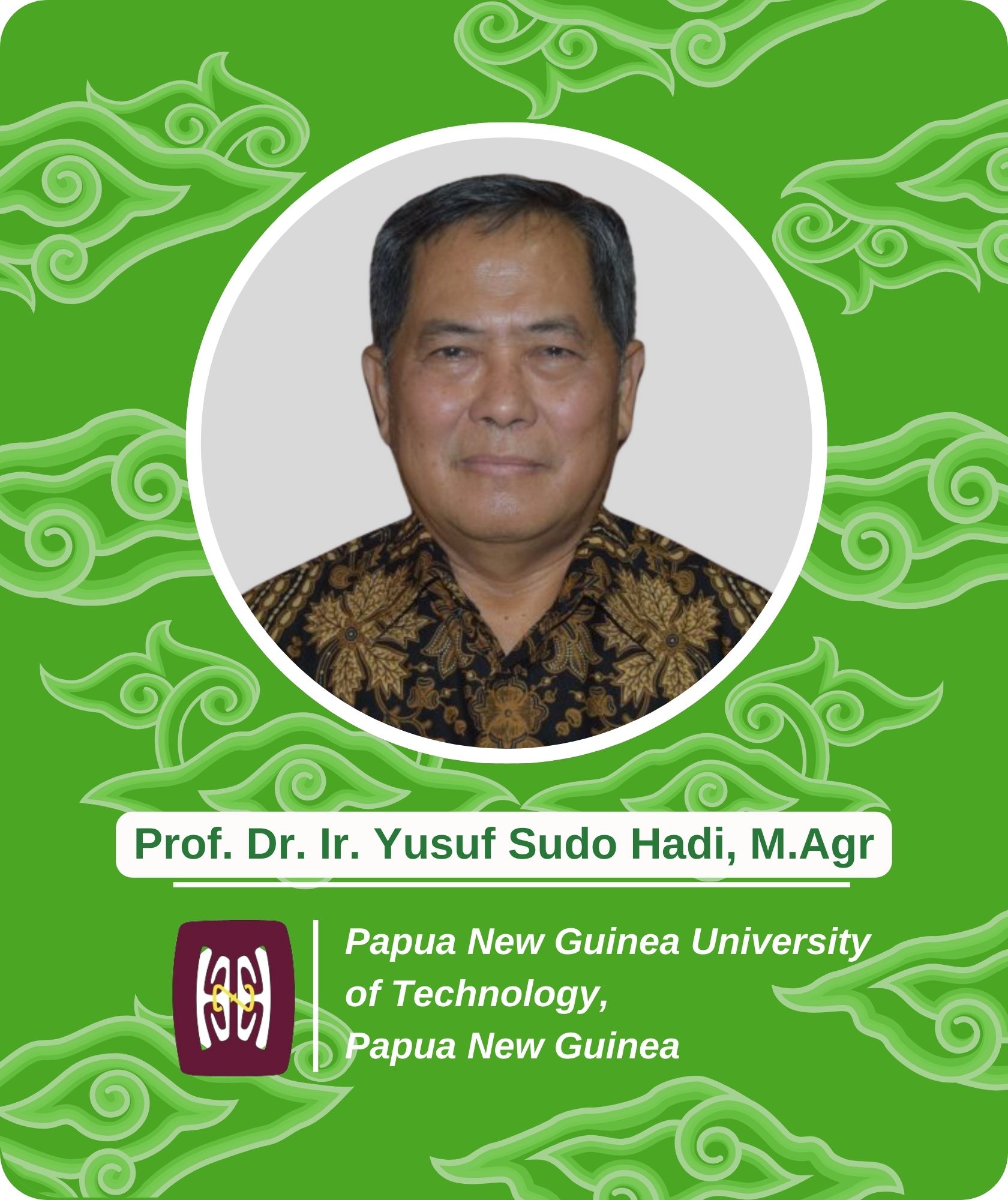Viability of Lignolytic Bacteria Isolates (Lignin-Degrading Enzymes) in Several Biocarrier Formulations Based on Water Hyacinth (Eichhornia crassipes (Mart)
Keywords:
lignolytic bacteria, formula biocarrier, bacterial viabilityAbstract
Organic waste containing lignocellulose has a low level of biodegradability. Proper management can be done through the use of lignolytic microbes which are able to degrade lignin and convert it into soil conditioner products. This study aims to analyze the viability of lignolytic bacteria in several water hyacinth-based biocarrier formulas and identify lignolytic bacterial species based on 16S rDNA sequences. The bacterial stock isolate was purified and tested for bioactivator activity and Plant Growth Promoting Rhizobacteria using specific media. Gram staining, compatibility tests, pathogenicity and hypersensitivity tests were carried out. The bacterial isolate was inoculated in the biocarrier formula and its viability was observed. Bacterial isolates were identified molecularly. The data obtained were analyzed using ANOVA. A consortium of two bacterial isolates with phosphate solubilizing activity and producing laccase enzymes were obtained which were inoculated into a biocarrier formula. The four best biocarrier formulas were obtained, namely EGI, TPI, BC1I, and BC2I with bacterial viability of 1.33 × 108 CFU mL-1 respectively; 12.4 × 108 CFU mL-1 ; 3.3 × 108 CFU mL-1, and 19 × 108 CFU mL-1. The bacterial isolate used belongs to the genus Bacillus sp. and Novosphingobium sp.




















